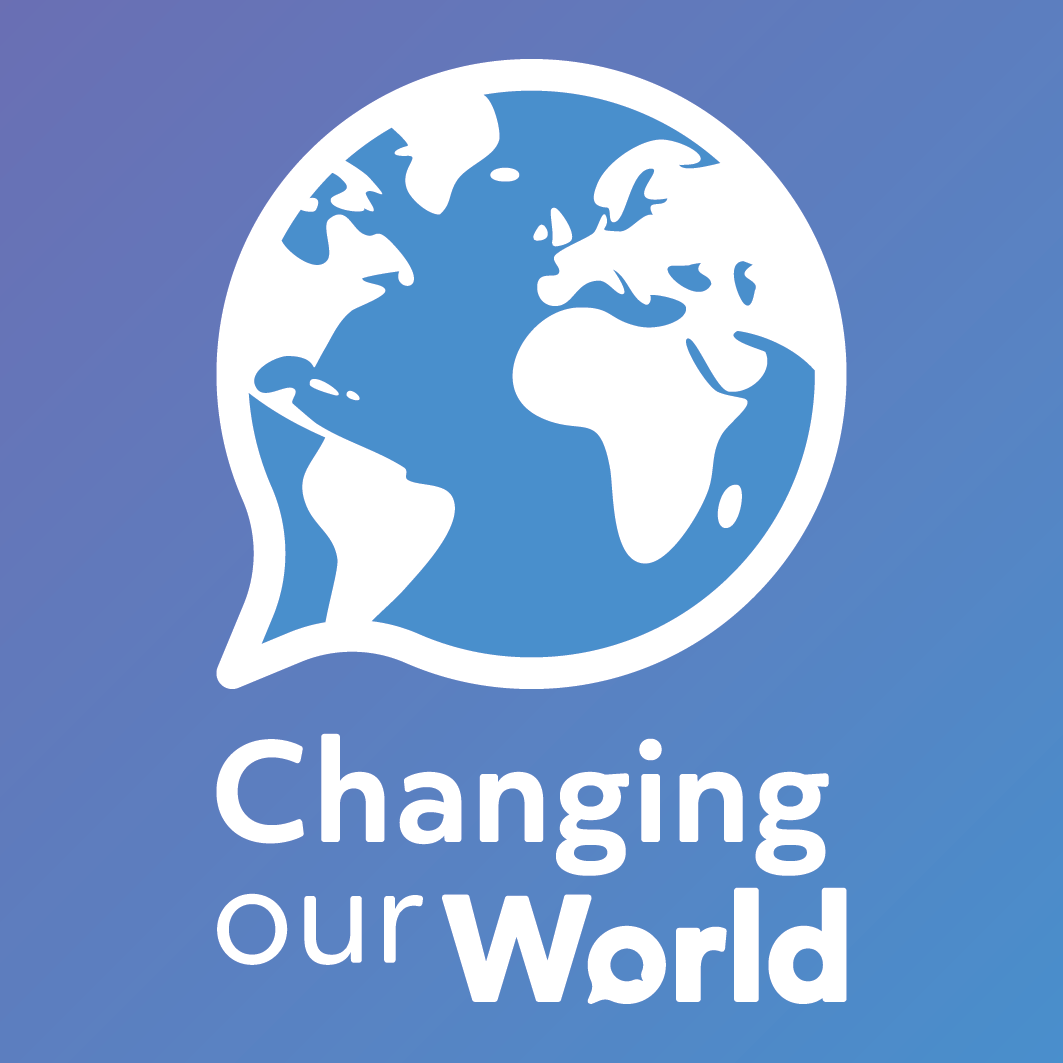Disposable vapes ban in Scotland: Children and young people call for further action
3 Jun 2025
Last Sunday, 1 June, a ban came into effect preventing the sale of disposable vapes in shops and supermarkets across the UK, a change that aims to positively impact children’s health and the environment.
While the ban has been welcomed by Changing our World (CoW), Children in Scotland’s children and young people’s advisory group, they continue to call on the Scottish Government to consider further recommendations to reduce the sale of rechargeable and refillable vaping products that are still available to purchase in shops.
Since 2022, Changing our World have been sharing their concerns about the impact of vaping on children and young people and have been calling for changes to be made. This has included speaking directly to Scottish Government ministers and publishing an evidence paper on vaping with a number of recommendations including changing how vapes are promoted, packaged and displayed, as well as having better education on the health impacts of vaping, especially within a school context.
The group, which is made up of young people aged 8-25 with different backgrounds, ideas and experiences, also received the Healthcare Rights Award at the Scottish Children’s Health Awards in 2024 in recognition of their work on vaping.
At Children in Scotland’s Annual Conference, which took place in Glasgow last week, members of Changing our World discussed the ban with delegates working with children and young people across Scotland. While there was positive support regarding the environmental impact of the ban, there were clear doubts about how effective it would be in tackling youth vaping. While discussing concerns about the current age restrictions not being met, a member of Changing our World said: “I know young people who are able to buy vapes in smaller shops – if they now just start buying reusable vapes that won’t address the problem of young people becoming addicted”.
Children in Scotland’s Policy, Projects and Participation Manager, Chris Ross said:
“Changing our World have campaigned passionately on the issue of vaping and the announcement of the ban on disposable vapes last year was a positive signal that their voices were being heard by the Scottish Government. With the ban now in effect, it will be important to understand if it is effectively tackling the issue of youth vaping.
"From discussions with CoW members, we remain concerned that vaping will continue to negatively interact with young people’s rights, including their right to health, education and privacy. With the United Nations Convention on the Rights of the Child (UNCRC) now part of Scottish legislation, it’s more important than ever that young people’s views are listened to and acted upon.”
While Changing our World has concluded that a total ban would be the most effective measure for addressing the challenges still posed by rechargeable and refillable vapes, they also recommended the following:
- Vaping products should be less visible in shops, similar to the current regulations around displaying cigarettes
- The packaging of vaping products should be regulated and only permitted to be plain, making the products less eye-catching or appealing to children and young people
- Personal and Social Education (PSE) in primary and secondary schools should cover vaping, with current resources adapted to become more relevant.
With the Scottish Government committed to reducing youth vaping, Children in Scotland would like to see children and young people invited to be more fully involved in developing future solutions, using recommendations from groups like CoW to put practical, impactful legislation in place.

Upcoming webinar
Supporting the education of children with long term health conditions, with Teapot Trust
Click here for more
Changing our World
Find out more about the work of our children and young people's advisory group.
Click here for more
Participation and engagement work
Find out more about how we embed the inclusion and participation of children and young people in our work
Click here for more